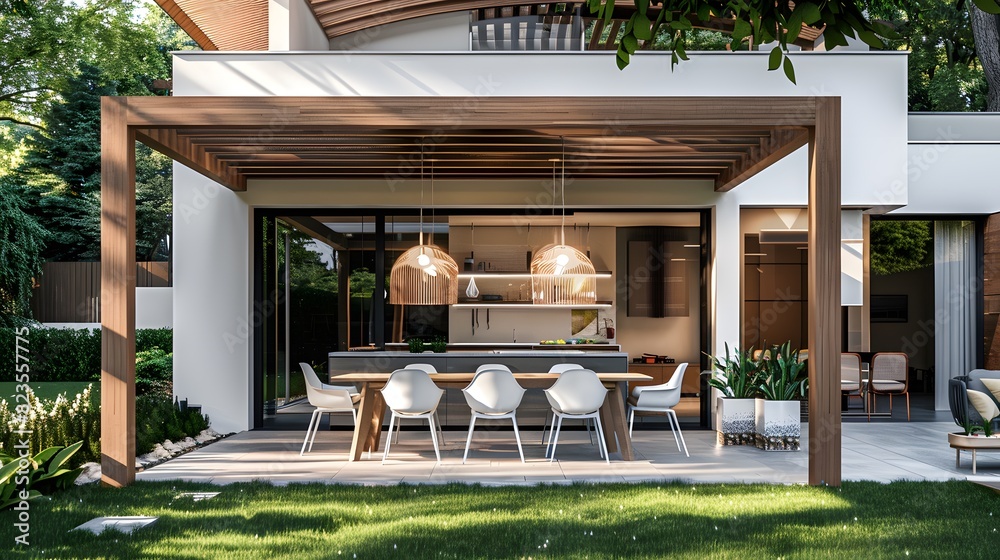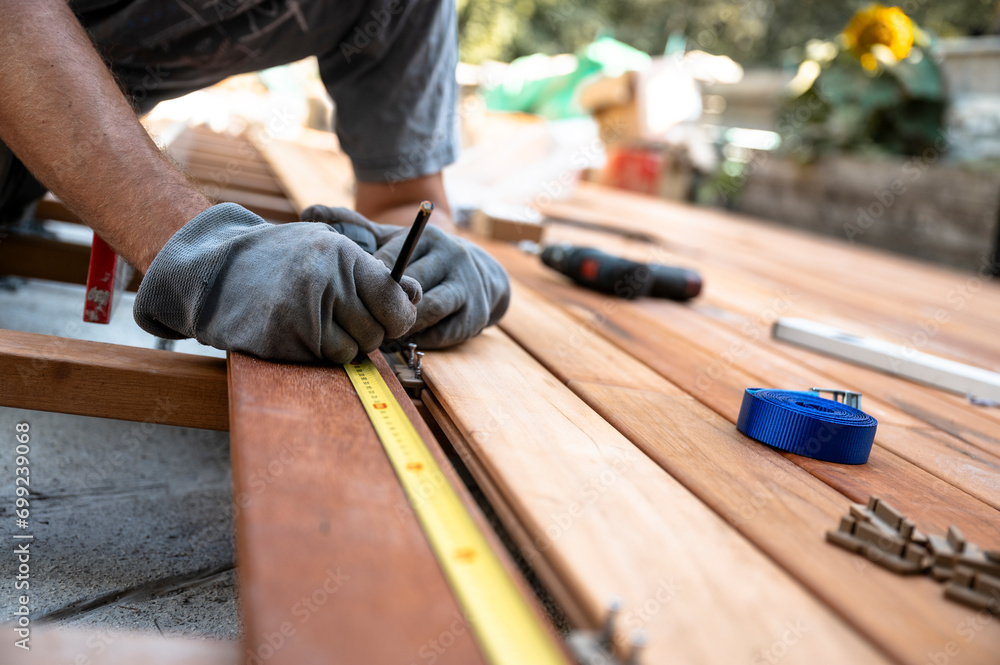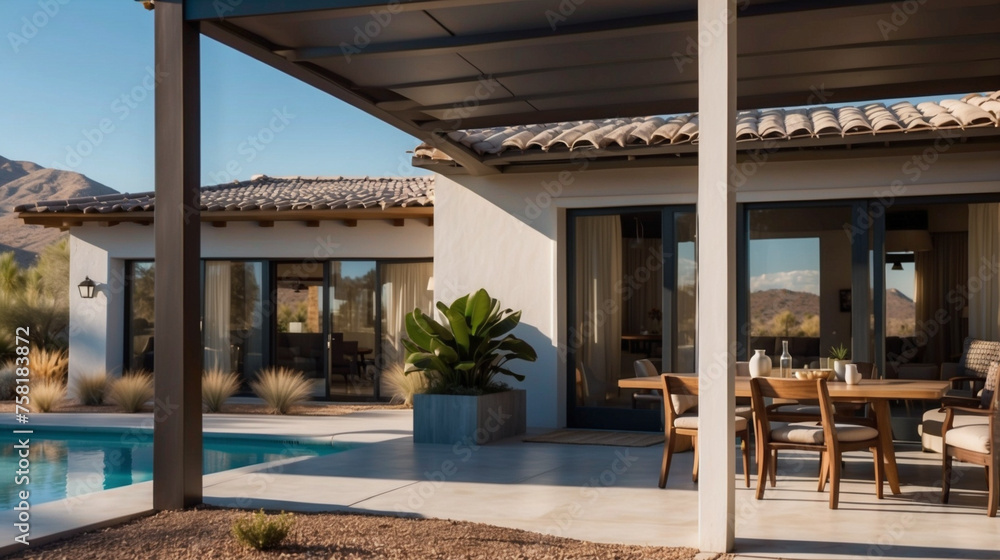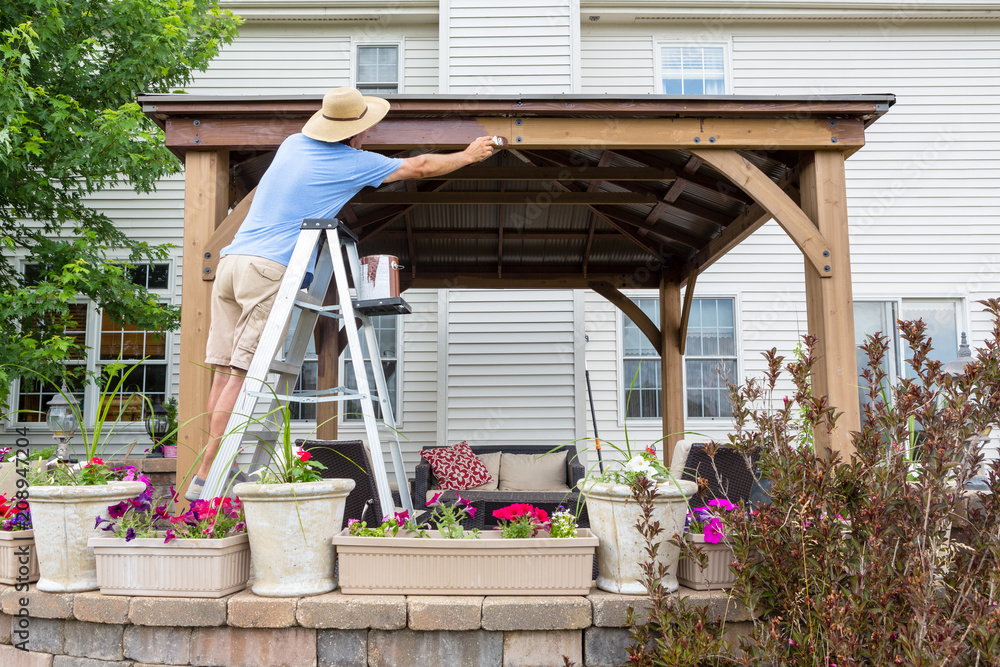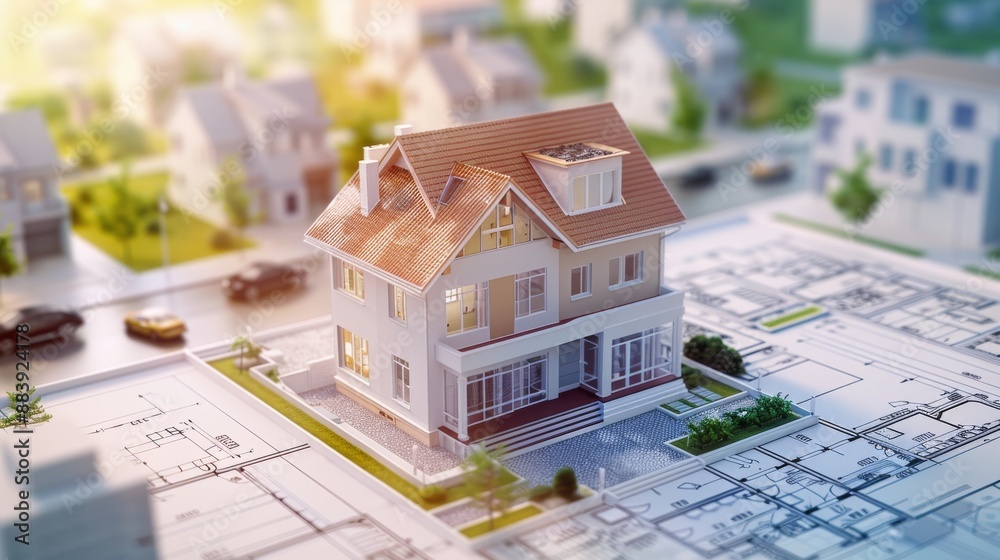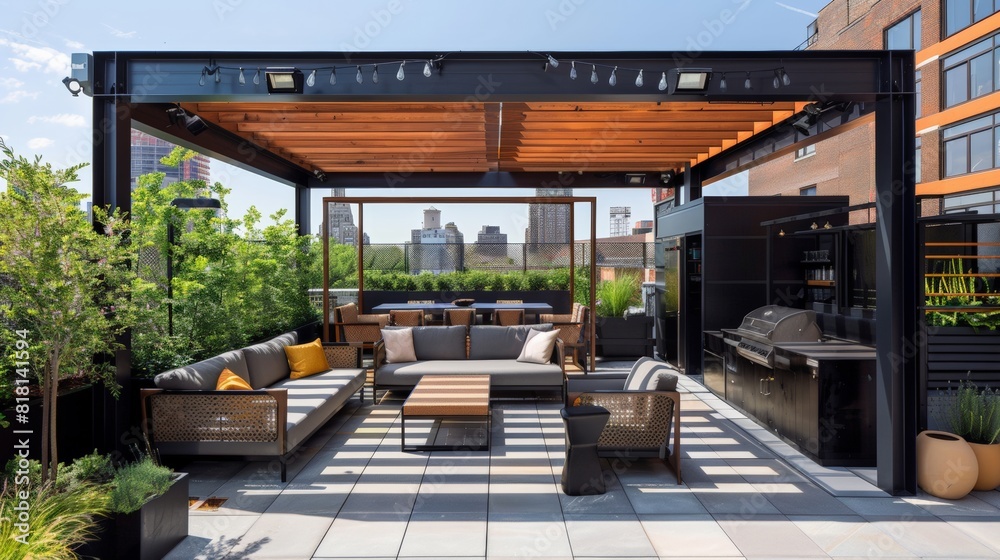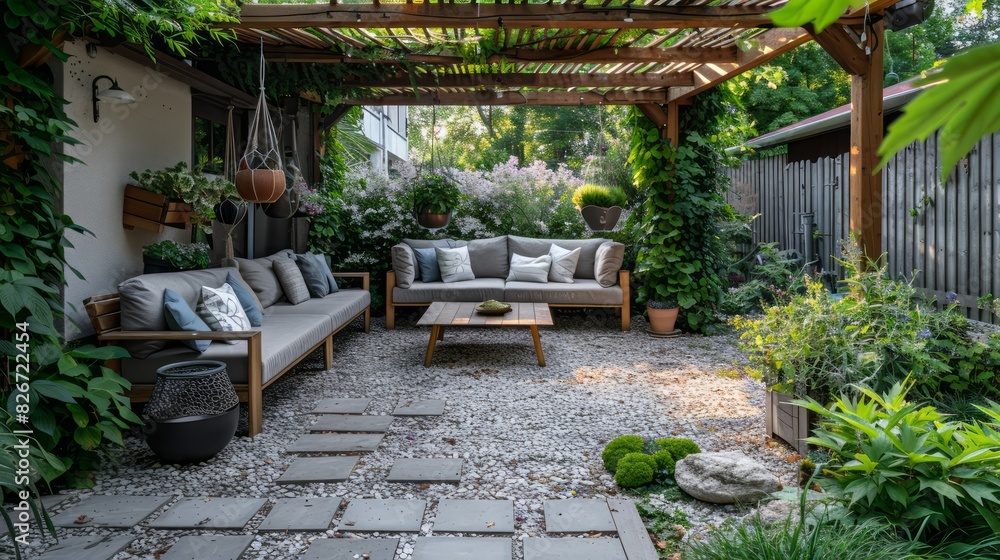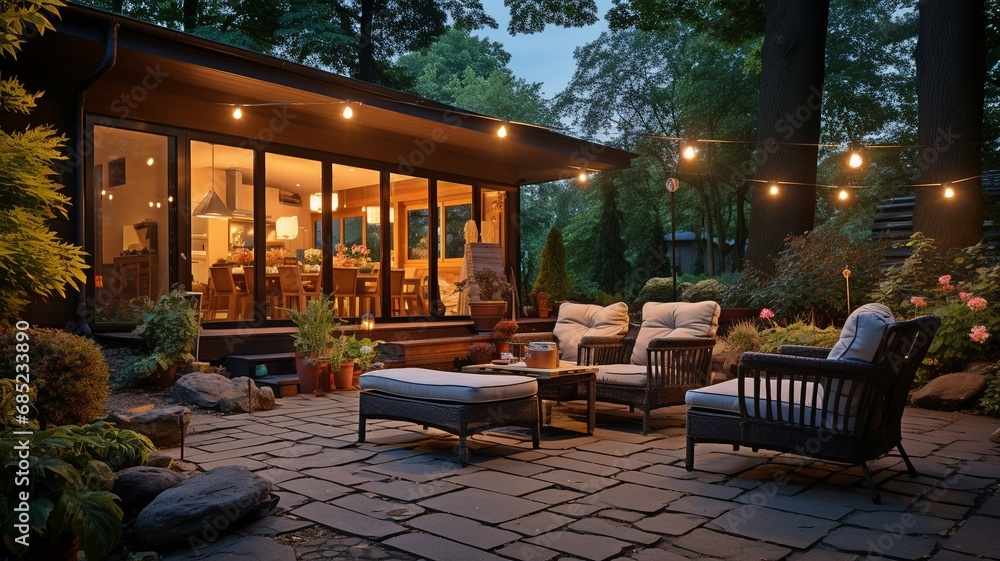Wood Patio Covers
Wood has long been a favored material for patio covers due to its natural beauty and versatility. It can complement a wide range of home styles, from traditional to contemporary. Here are the key aspects to consider when choosing a wood patio cover:
Advantages of Wood Patio Covers- Aesthetic Appeal: Wood offers a warm, classic look that enhances the natural beauty of your outdoor space. It can be stained or painted in various colors to match your home’s exterior and personal style.
- Customizability: Wood is highly customizable. You can easily shape, cut, and design it to create intricate patterns and unique structures. This makes wood an ideal choice for custom-built patio covers.
- Strength and Stability: When properly treated, wood is strong and stable, capable of supporting substantial weight. This makes it suitable for larger structures and heavy roofing materials.
- Eco-Friendly: Wood is a renewable resource. If sourced responsibly, it can be an environmentally friendly option. Additionally, wooden patio covers can be constructed from reclaimed or recycled wood.
- Maintenance: Wood requires regular maintenance to prevent rot, insect damage, and weathering. This includes periodic sealing, staining, or painting.
- Susceptibility to Pests: Wood is vulnerable to termites and other pests. It’s essential to use treated wood and inspect it regularly for signs of infestation.
- Cost: High-quality wood can be expensive, and the ongoing maintenance costs can add up over time.
Join HICP Homeowner’s Alliance
Connect with experts, get special discounts and enjoy member benefits
Aluminum Patio Covers
Aluminum is a modern, durable material that has gained popularity for patio covers due to its low maintenance and longevity. It is especially favored in areas with harsh weather conditions. Here are the key considerations for aluminum patio covers:
Advantages of Aluminum Patio Covers- Durability: Aluminum is resistant to rust, corrosion, and insect damage. It can withstand extreme weather conditions, including heavy rain, snow, and intense sunlight, without deteriorating.
- Low Maintenance: Unlike wood, aluminum requires minimal maintenance. It does not need to be painted or sealed, and it can be easily cleaned with soap and water.
- Lightweight: Aluminum is lightweight, making it easier to install. This can reduce labor costs and make it a more convenient option for DIY installations.
- Versatility: Aluminum patio covers come in various styles and finishes, including options that mimic the look of wood. This allows homeowners to achieve the desired aesthetic without sacrificing durability.
- Cost-Effective: While the initial cost of aluminum can be higher than wood, its low maintenance requirements and longevity can make it more cost-effective in the long run.
- Aesthetic Limitations: Although aluminum can be finished to resemble wood, some homeowners feel it lacks the natural warmth and charm of real wood.
- Heat Retention: Aluminum can retain heat, making it hot to the touch in direct sunlight. This can be mitigated with proper design and ventilation.
Vinyl Patio Covers
Vinyl is another popular material for patio covers, known for its affordability and ease of maintenance. It offers a clean, modern look and can be an excellent choice for various home styles. Here are the key points to consider for vinyl patio covers:
Advantages of Vinyl Patio Covers- Low Maintenance: Vinyl is highly resistant to weathering, rot, and insect damage. It does not require painting or sealing and can be cleaned with soap and water.
- Affordability: Vinyl is typically less expensive than wood and aluminum, making it an attractive option for budget-conscious homeowners.
- Durability: Vinyl is durable and can withstand harsh weather conditions without cracking, warping, or fading.
- Ease of Installation: Vinyl patio covers are relatively easy to install, often featuring interlocking pieces that simplify the construction process.
- Variety of Styles: Vinyl comes in various colors and styles, allowing homeowners to choose a look that complements their home’s exterior.
- Aesthetic Limitations: While vinyl can be designed to mimic the appearance of wood, some homeowners feel it lacks the authenticity and richness of natural materials.
- Temperature Sensitivity: Vinyl can become brittle in extremely cold temperatures and may expand or warp in intense heat. High-quality vinyl products are designed to withstand temperature fluctuations, but this can affect the overall cost.
- Structural Limitations: Vinyl may not be as strong as wood or aluminum, limiting its use for larger, more complex structures.
Making the Right Choice
When choosing the right material for your patio cover, consider the following factors:
- Climate: Consider your local climate and how each material will perform in your specific weather conditions. Aluminum is excellent for areas with harsh weather, while wood and vinyl can be suitable for more moderate climates.
- Maintenance: Evaluate how much time and effort you are willing to invest in maintaining your patio cover. Aluminum and vinyl require less maintenance than wood.
- Budget: Determine your budget for both the initial installation and ongoing maintenance. While wood may have a higher upfront cost, vinyl offers a more affordable option, and aluminum provides a balance between cost and durability.
- Aesthetics: Think about the look you want to achieve and how each material complements your home’s style. Wood offers a classic, natural appearance, while aluminum and vinyl provide modern, low-maintenance alternatives.
- Longevity: Consider the lifespan of each material. Aluminum and vinyl generally offer greater durability and longevity compared to wood, especially in harsh weather conditions.
Choosing the right material for your patio cover is a crucial decision that impacts the aesthetics, functionality, and longevity of your outdoor living space. Wood, aluminum, and vinyl each offer unique benefits and drawbacks, making it essential to consider your specific needs, preferences, and budget. By carefully evaluating the advantages and disadvantages of each material, you can select a patio cover that enhances your home’s value, provides protection from the elements, and creates an inviting outdoor space for relaxation and entertainment.

